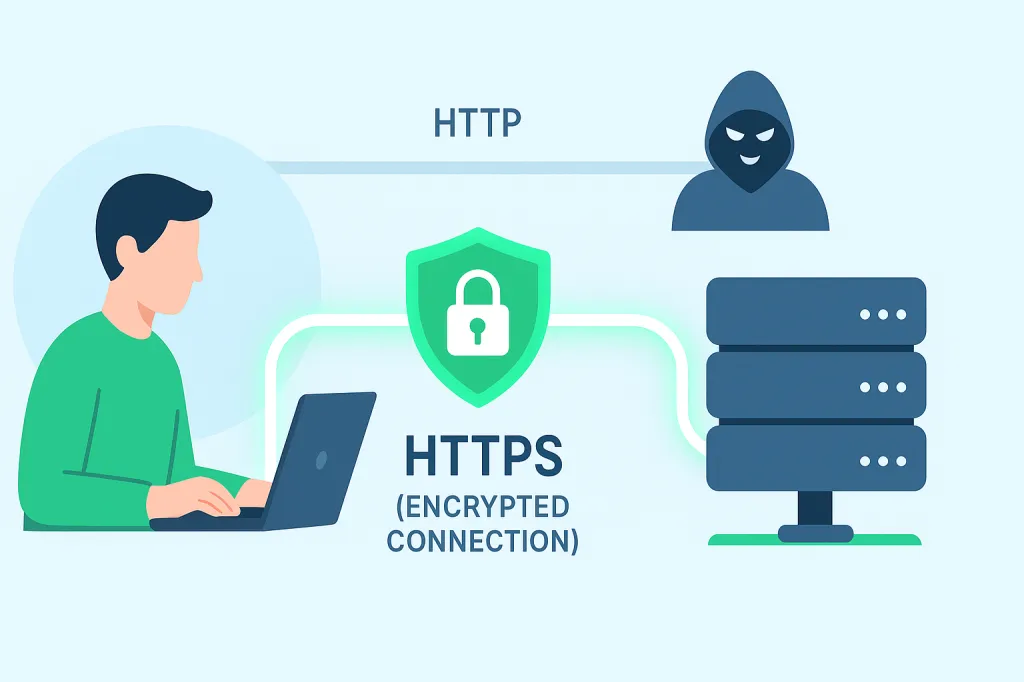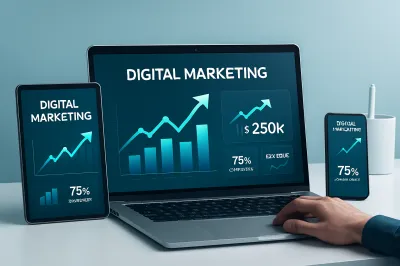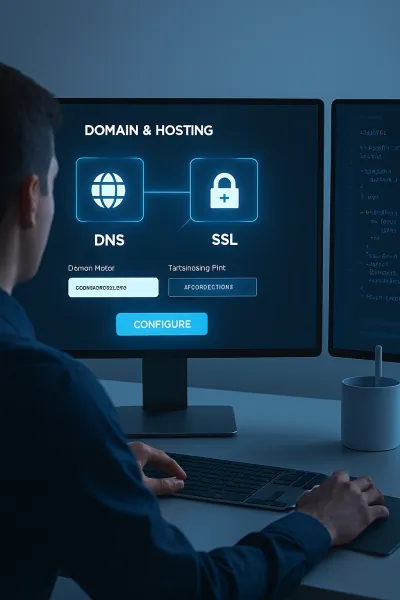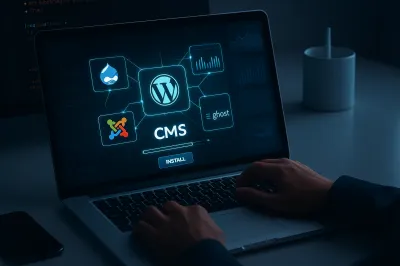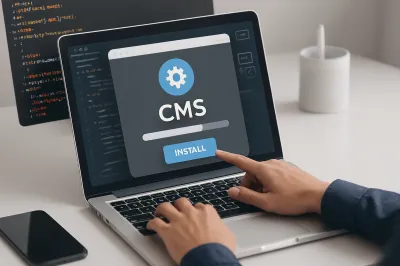Have you ever noticed the little padlock icon next to a website's URL in your browser? Or perhaps you've seen a jarring "Not Secure" warning on other sites. That small but powerful symbol is the result of an SSL Certificate, and in 2025, it's no longer an optional extra—it's an absolute necessity.
This guide will explain in simple terms what an SSL certificate is, how it works, and the crucial reasons why your website cannot afford to be without one.
What is an SSL Certificate? A Simple Analogy
SSL stands for Secure Sockets Layer. In essence, it's a digital certificate that authenticates a website's identity and enables an encrypted connection.
Think of it like this: without SSL, the data exchanged between your visitors and your website is like a postcard. Anyone who intercepts it can read everything. With SSL, that data is sent in a locked, tamper-proof box. Only your website (the server) and the visitor (their browser) have the keys to open it.
This secure connection is what turns http:// into https://. The "S" stands for "Secure."
4 Crucial Reasons Your Website Needs SSL Today
1. Security and Data Protection
This is the primary function of SSL. It encrypts sensitive information submitted on your site, such as usernames, passwords, credit card numbers, and personal details from contact forms. Without it, this data is vulnerable to being stolen by hackers. If you have any type of login or payment form, SSL is non-negotiable.
2. Visitor Trust and Credibility
The padlock icon has become a universal symbol of trust online. Modern browsers like Chrome and Firefox actively flag sites without SSL by displaying a "Not Secure" warning in the address bar. This warning can scare away potential visitors and customers before they even see your content, immediately damaging your credibility.
3. SEO and Google Ranking
Google has officially confirmed that HTTPS is a lightweight ranking signal. While it might not be the most powerful factor, having an SSL certificate can give you a competitive edge over sites that don't. Furthermore, since user experience is a major part of SEO, a "Not Secure" warning that increases your bounce rate will indirectly harm your rankings.
4. Compliance with Regulations
Data privacy regulations like GDPR require that personal data collected from users be handled securely. Implementing SSL is a foundational step in complying with these standards and protecting yourself from potential legal issues.
The Different Types of SSL Certificates
While there are many kinds of SSL certificates, they can be grouped by their validation level:
- Domain Validated (DV SSL): The most basic and common type. It simply verifies that you own the domain name. This is the type of certificate provided for free by services like Let's Encrypt and is perfect for blogs, portfolios, and most small business websites.
- Organization Validated (OV SSL): This requires the Certificate Authority (CA) to verify your organization's details. It offers a higher level of trust and is suitable for businesses and non-profits.
- Extended Validation (EV SSL): This involves the strictest validation process. In the past, it would display the company's name in the browser's address bar. While most browsers no longer do this, it still represents the highest level of trust and is used by major e-commerce sites and financial institutions.
How to Get an SSL Certificate (The Easy Way)
Years ago, getting an SSL was a costly and complicated process. Today, it's incredibly simple. The vast majority of reputable web hosting providers—including those often recommended on this site—offer free, automatic SSL certificates (usually from Let's Encrypt) with their hosting plans. In most cases, it can be activated with a single click in your hosting control panel (cPanel).
Conclusion
In 2025, an SSL certificate is not a luxury; it's a fundamental requirement for running a credible and successful website. It protects your users, builds trust, benefits your SEO, and is easier and more affordable to implement than ever before. If your site is still running on HTTP, make it your top priority to enable SSL today.
